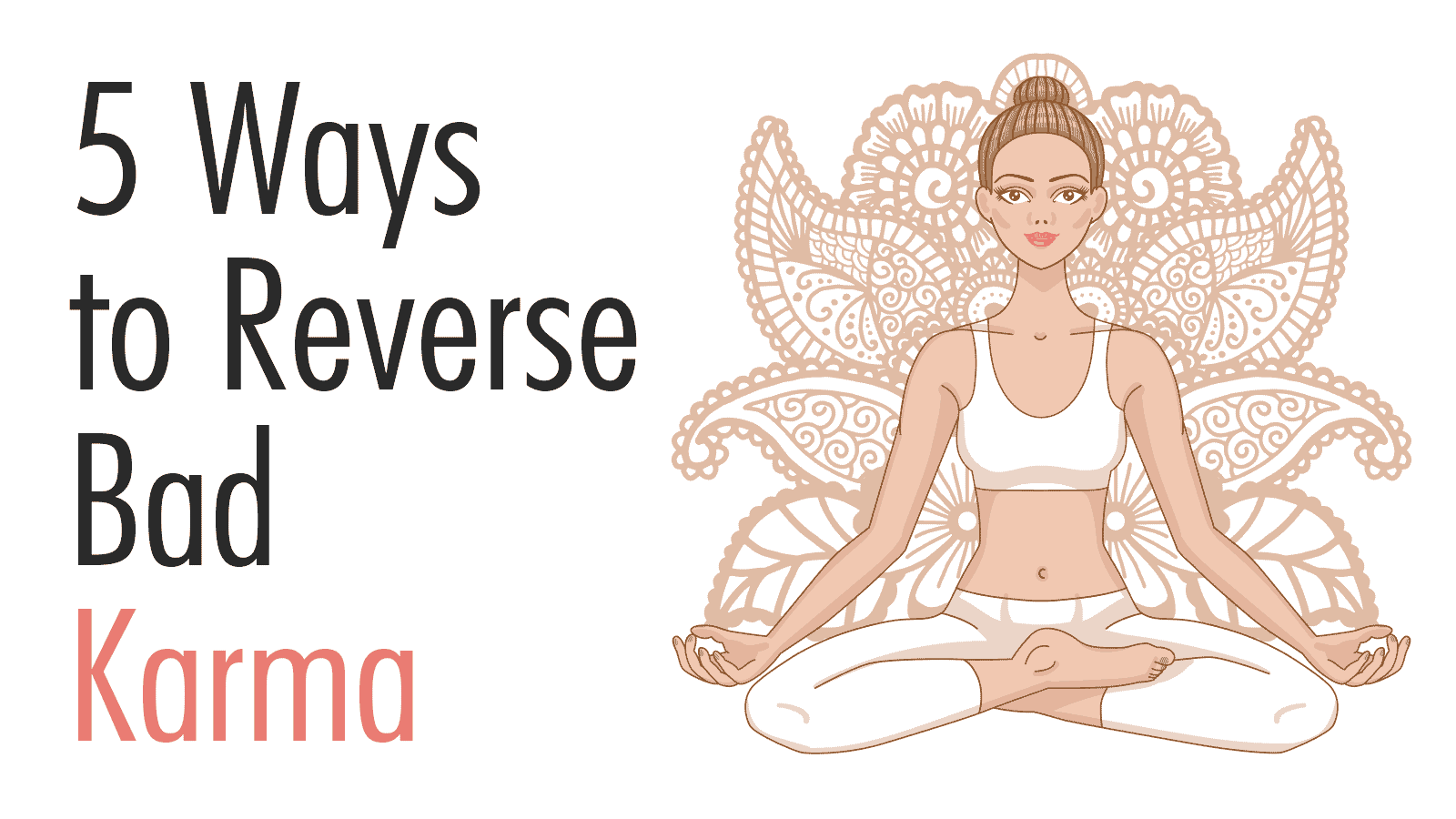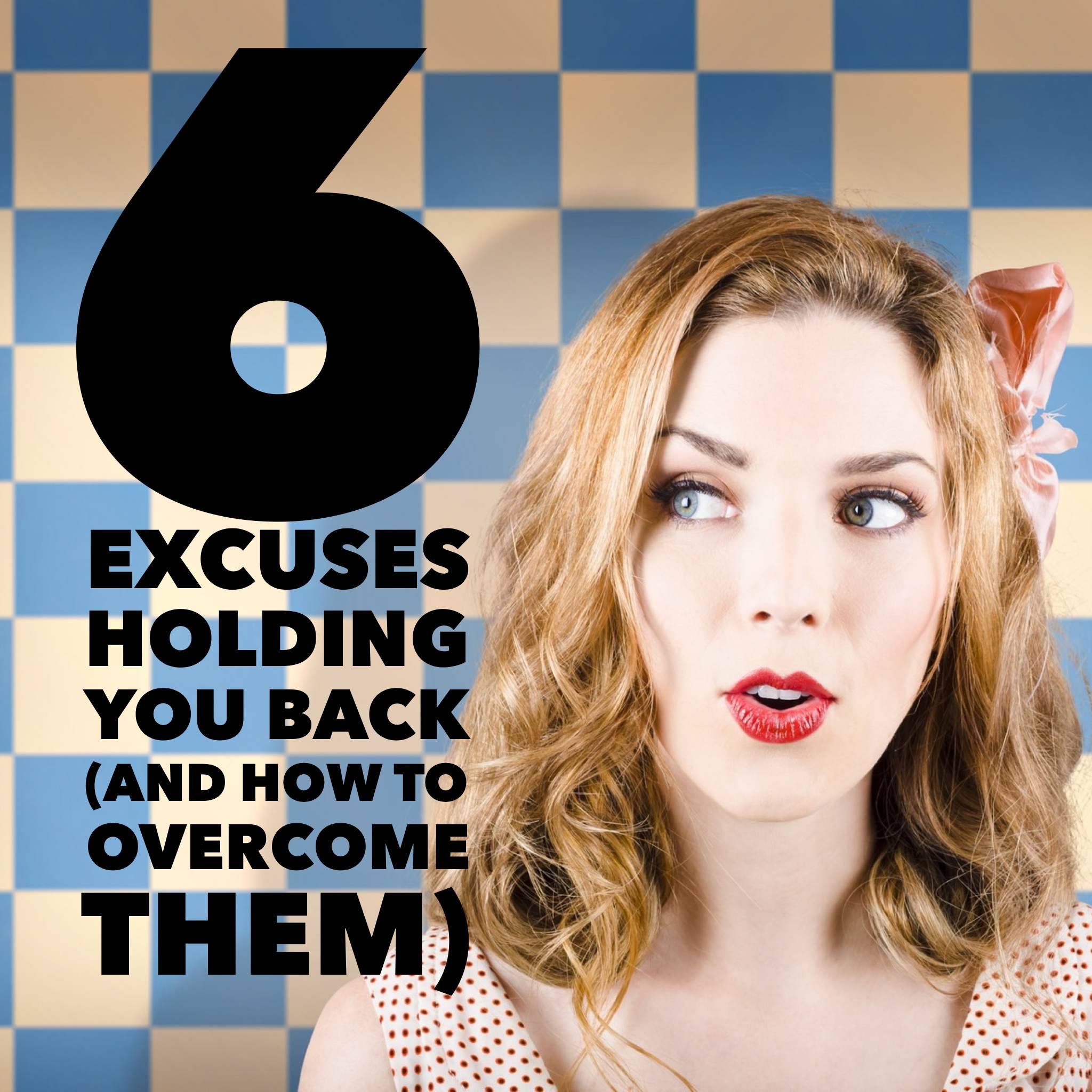When people say they’re gut instincts, they really mean that their intuition is guiding them in making a decision.
We all have this innate ability to listen to that inner voice telling us not to go through with something, or that the person asking us for help might have ulterior motives, or that our childhood dream could actually become a fulfilling career choice in our adult life.
We can essentially decode this often indescribable gut feeling we get in certain situations, because that pang in your stomach, a sudden bout of fatigue, or strong urge to help the person next to you can reveal more than you think.
Here are five instincts you don’t want to ignore:
1. “I don’t feel good.”
If something in your body doesn’t feel right, you should listen to this feeling before it gets any worse. A lot of people ignore subtle signs from their bodies and end up dealing with a much larger problem than they originally planned for. Your body instinctively knows when something is off balance, and those initial warning signs warrant your acknowledgment and further investigating to find out what your intuition is trying to tell you. Don’t ever hesitate to go to your wellness advocate if your inner voice starts to scream at you to take action – the human body communicates to us surprisingly often through the power of intuition.
On another note, pay attention to how you feel every time you interact with someone. Do you feel drained, anxious, or depressed? These feelings have come to the surface for a reason – by listening to yourself intuitively, you can determine which people in your life suck your energy dry, and who actually makes you feel alive.
Your intuition speaks to you in many ways, so never ignore any “off” feelings you get, no matter how subtle.
2. “This situation seems dangerous.”
Have you ever seen the Final Destination movies, where one person out of a group of friends gets intense visions before something bad happens? These movies, whether intentionally or not, portray the uncanny role that intuition can play in perilous situations.
For instance, maybe on your weekly trip to the grocery store, someone meets your gaze and you instantly get an uneasy feeling about them. Let’s say they start to follow you discreetly around the store, and then you watch them go outside without buying anything. However, they don’t leave; instead, they wait outside the store, and you intuitively feel that by going to your car, you will put yourself in a potentially life-threatening situation. While this person may not have directly endangered you, your intuition commands you to not leave the store without telling the manager or calling the police first.
The fight-or-flight response in humans was designed to warn us of immediate danger, and move us to act on that feeling. While our gut instincts can have flaws, you should listen to them regardless – they might just save your life.
3. “I should help that person.”
Gut instincts don’t always indicate something negative. Since we all originate from the same source, we have direct ties to each other and can sense when someone needs help. We have the powerful ability to read other people’s energy by evaluating their facial expressions, body language, or just how we feel around that person. Have you ever noticed how everyone scrambles to offer whatever help they can after a natural or man-made disaster?
This strong desire to assist our fellow humans comes prewired in our evolution as a species; after all, when humans lived off the land, they depended on one another for survival. Some of them gathered wood for shelter and fire, while others wanted to help find food for themselves and others. They helped one another not just out of necessity, but because of a deep understanding that humans need to feel cared for and protected.
Offer help even if the person in question doesn’t ask for it – nonverbal cues can offer much more insight than words in these types of situations.
4. “This comes naturally to me.”
Overthinking can often cause problems that didn’t even exist in the first place, especially in regard to your natural talents. Maybe you have spent weeks practicing your lines for a play, and have all the hand motions, inflections in your tone, and the whole thing down pat. Then, when you get on stage for your final practice, you suddenly forget everything you worked so hard practicing. Or, maybe you have become the star player on your baseball team, but your mind runs on overdrive and puts you under pressure, making you miss every ball pitched to you at home base.
People with extraordinary talents commonly choke when it’s time for them to perform, and all of it stems from letting their minds run haywire. They pay too much attention to their thoughts, rather than letting their instincts take over. If something comes naturally to you, distract your mind with something other than the task at hand, such as a song or memory that makes you happy, and allow your instincts to take over instead.
5. “This just feels right.”
Whether it applies to changing careers, picking your next boyfriend or girlfriend, or deciding where to live, your intuition actually plays a bigger role than rational thinking in these decisions. When you make these life-altering choices, it mostly boils down to how you feel about them. Think about it: we all just want to feel good, so we add and subtract things from our life to align with that feeling.
If your career earns you $100,000 a year but makes you miserable, would you stick with it rather than take your dream job that pays $40,000? Your gut instincts would probably tell you to do what makes you happy and take the lower-paying job rather than keep one that makes you feel dead inside.
When something feels right, a lightbulb goes off inside you and it doesn’t really require much cognitive ability – it comes easily to you.
Listen to your gut instincts next time you make an important decision – it will help you choose the right path.











